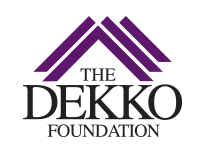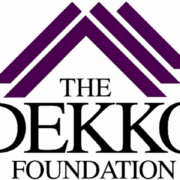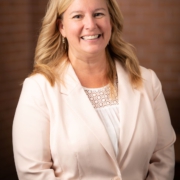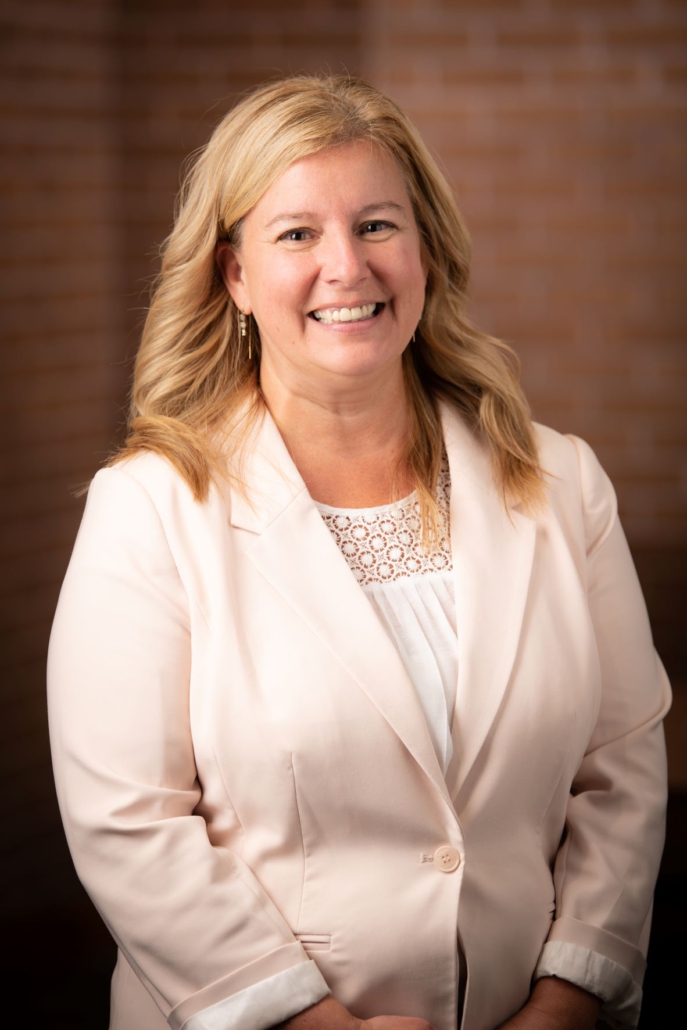Foundation invests in 10 youth-serving organizations’ projects
The Dekko Foundation, a private family foundation located in Kendallville, IN, with a mission of fostering economic freedom through education, awarded more than $447,000 in grants and pledges to 10 youth-serving organizations during its most recent round of grantmaking.
The foundation, started in 1981 by the late businessman and philanthropist Chester E. Dekko, invests in projects and programs that help build knowledge, skills, and character in children and young people from birth through age 18 so they can be self-sufficient and grow up to be economically free.
Its grantmaking is concentrated within 13 counties in four states — Indiana, Iowa, Alabama, and Minnesota — where Mr. Dekko had business or personal interests.
Organizations receiving grants and pledges were:
- Central Noble Community School Corporation (Albion, IN): $4,818 to support the professional development of educators through their attendance at the annual Indiana Youth Institute Kids Count Conference.
- Giving Gardens of Indiana (Columbia City, IN): $50,000 to support the organization’s Wild Willow Nature Preschool in which children ages 3-6 engage in hands-on learning and exploration in a natural environment.
- Junior Achievement of Northern Indiana (Fort Wayne, IN): $25,000 to support the organization’s JA JobSpark in-person and virtual expos that help connect middle and high school students to career opportunities and highlight the skills needed to be successful in those careers.
- Athens City Schools (Athens, AL): $8,000 to support the after-school enrichment program at Brookhill Elementary so that students can strengthen peer relationships and build skills and self-confidence.
- Cardinal Services, Inc. (Warsaw, IN): $25,000 to support the organization’s workforce-readiness programs for young people with disabilities so they can be successful in finding employment.
- DeKalb County Central United School District (Waterloo, IN): $250,000 over two years to support the Baron Advanced Manufacturing program in which high school students build in-demand technical skills in the classroom and by working at area employers.
- Black Pine Animal Sanctuary (Albion, IN): $90,000 over three years to support educational programs for young people that help build problem-solving and critical-thinking skills.
- Classical Roots Christian School (Fort Wayne, IN): $20,000 to support the school’s educational enrichment days and summer camps in Noble County that contribute to students’ knowledge of the environment, agriculture, foreign language, industrial arts, and fine arts.
- Keep Athens-Limestone Beautiful, Inc. (Athens, AL): $3,500 to support the organization’s Earth Day expo that raises young people’s awareness of the environment and community stewardship.
- Kosciusko County Soil & Water Conservation District (Warsaw, IN): $880 to support the district’s educational programs in which young people learn about aquatic ecosystems and water quality.
If you’d like to learn more about how investments such as these support children and young people so they can achieve economic freedom later in life, contact a Dekko Foundation program officer at 260-347-1278. Or visit dekkofoundation.org to explore the foundation’s mission and funding priorities, review its grantmaking process, or send a grant proposal.



